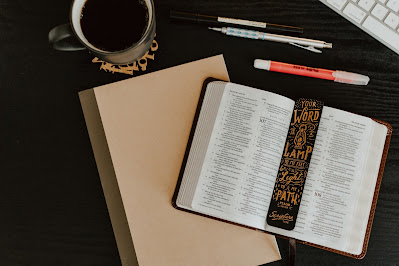Hatha Yoga and Relaxation

Hatha Yoga Hatha yoga is a gentle introduction to yoga poses and movement. Its a great place to start for yoga practices and flexibility. You may not work up a sweat during a Hatha yoga session but you will definitely feel longer, looser, more mobile and certainly more relaxed. Hatha yoga focuses on the pairing of yoga poses 'asanas' and breathing techniques 'pranayama' creating mind and body harmony. As a beginner to yoga you can expect a synchronised practice full of static poses, mindful breathing and a manageable pace. To begin your understanding of Hatha, you will practice postures and alignment alongside the strengthening and promotion of mobility and flexibility within the body. Breathing techniques, mindfulness and meditation are also integrated with yoga poses. Expect an emphasis on simplicity, repetition and ease of movement. Whilst you begin your Hatha yoga journey you will have an opportunity to work on your alignment and balance, focus on breathing a





